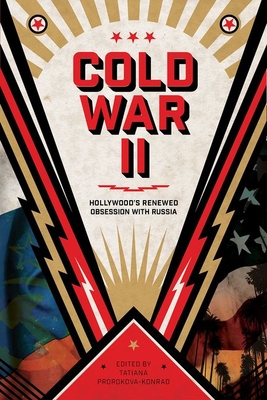Expedite your nonfiction book discovery process with Readara interviews, summaries and recommendations, Broaden your knowledge and gain insights from leading experts and scholars
In-depth, hour-long interviews with notable nonfiction authors, Gain new perspectives and ideas from the writer’s expertise and research, Valuable resource for readers and researchers
Optimize your book discovery process, Four-to eight-page summaries prepared by subject matter experts, Quickly review the book’s central messages and range of content
Books are handpicked covering a wide range of important categories and topics, Selected authors are subject experts, field professionals, or distinguished academics
Our editorial team includes books offering insights, unique views and researched-narratives in categories, Trade shows and book fairs, Book signings and in person author talks,Webinars and online events
Connect with editors and designers,Discover PR & marketing services providers, Source printers and related service providers

Cold War II: Hollywood's Renewed Obsession with Russia
Performing Arts > Film - History & Criticism
- University Press of Mississippi
- Paperback
- 9781496831101
- 9 X 6 X 0.6 inches
- 0.86 pounds
- Performing Arts > Film - History & Criticism
- (Single Author) Asian American
- English
Readara.com
Book Description
In recent years, Hollywood cinema has forwarded a growing number of images of the Cold War and entertained a return to memories of conflicts between the USSR and the US, Russians and Americans, and communism and capitalism. Cold War II: Hollywood's Renewed Obsession with Russia explores the reasons for this sudden reestablished interest in the Cold War. Essayists examine such films as Guy Ritchie's The Man from U.N.C.L.E., Steven Spielberg's Bridge of Spies, Ethan Coen and Joel Coen's Hail, Caesar!, David Leitch's Atomic Blonde, Guillermo del Toro's The Shape of Water, Ryan Coogler's Black Panther, and Francis Lawrence's Red Sparrow, among others, as well as such television shows as Comrade Detective and The Americans.
Contributors to this collection interrogate the revival of the Cold War movie genre from multiple angles and examine the issues of patriotism, national identity, otherness, gender, and corruption. They consider cinematic aesthetics and the ethics of these representations. They reveal how Cold War imagery shapes audiences' understanding of the period in general and of the relationship between the US and Russia in particular. The authors complicate traditional definitions of the Cold War film and invite readers to discover a new phase in the Cold War movie genre: Cold War II.
Author Bio
Tatiana Prorokova-Konrad is a postdoctoral researcher in the Department of English and American Studies at the University of Vienna. She is author of Docu-Fictions of War: US Interventionism in Film and Literature and coeditor of Cultures of War in Graphic Novels: Violence, Trauma, and Memory.
Source: Universitat Wien and University Press of Mississippi
Videos
No Videos
Community reviews
No Community reviews

